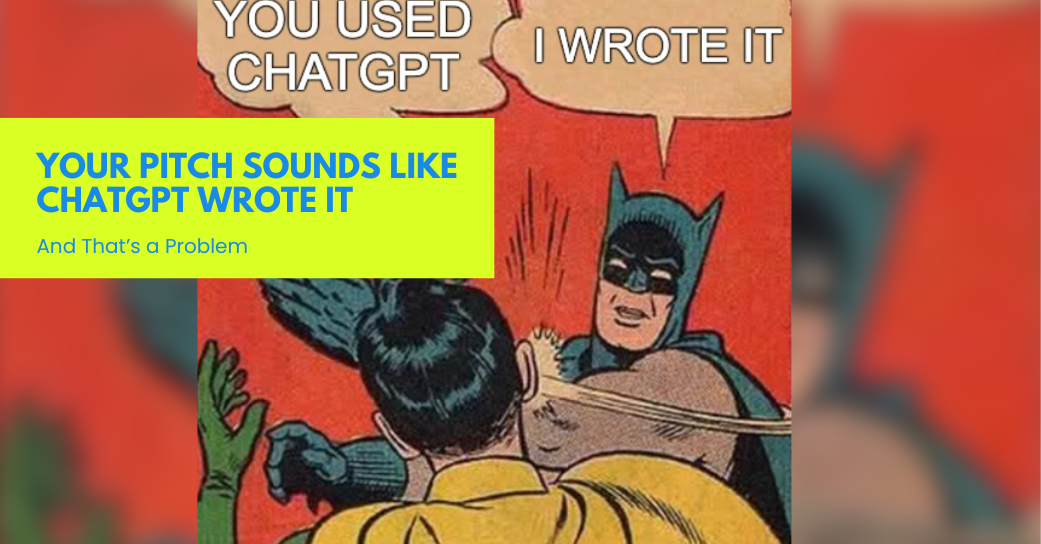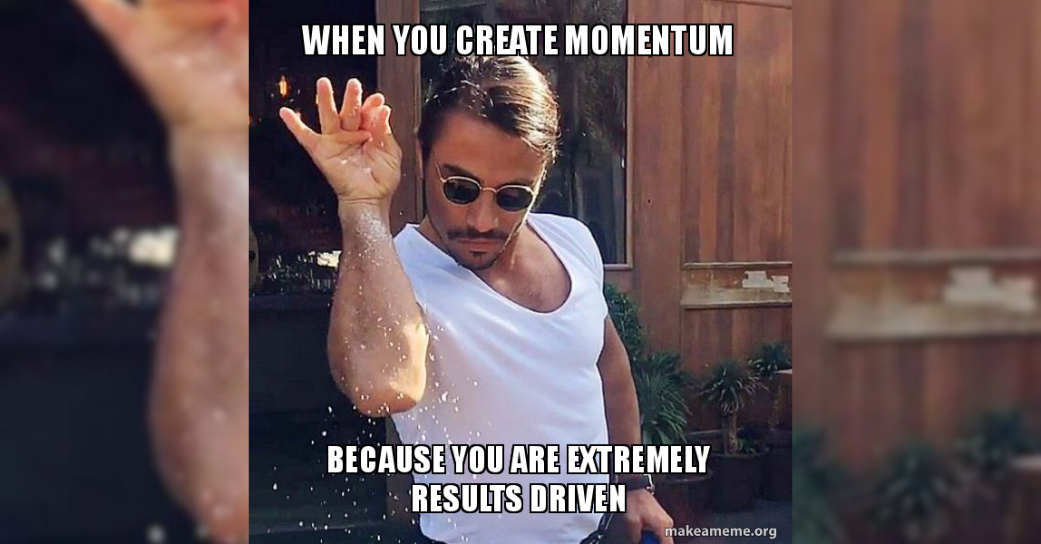
You write, rewrite, and edit within an inch of your life. Swapping verbs, trimming fluff, and second-guessing every word. You finally hit send. And the feedback?
“Did you copy this from AI?”
Gut punch. Because no, you didn’t. You worked your ass off trying to sound clear, smart, maybe even original. But somehow, it still landed like it was generated, polished to the point of lifelessness. This is the curse of writing in 2025. If you sound too bland, you're a bot. If you sound too weird, you're also a bot.
So, how do you win?
Let’s be honest, if your pitch starts with “In today’s fast-paced digital landscape,” no one’s reading past it. And no, it’s not because journalists are “too busy”; it’s because your email reads like an unpaid intern with a ChatGPT subscription wrote it.
So if your goal is to get noticed by editors, reporters, customers, or anyone with a scrolling habit, you need to stop sounding like a prompt and start sounding like a person.
Here are five signs your writing is secretly cosplaying as AI (and how to fix it):
You Open With a TED Talk, Not a Sentence
“In today’s rapidly evolving digital landscape…” Cool, now say it like a human. If your first line could double as the opening slide of a keynote, rewrite it. The job of your intro is to make someone feel something, not lull them into a nap.
You Could Swap Out Your Brand Name for Any Other
If your email, landing page, or pitch still makes sense after a “find + replace” of your company name, it’s not a pitch. It’s a template. And journalists can smell a template a mile away.
Your Voice Changes Every 3 Sentences
You start casual, then switch to jargon, then suddenly drop a buzzword salad with a sprinkle of LinkedIn post. Pick a voice and commit to it. Ideally yours.
You Keep Saying the Same Thing, Slightly Differently
AI loves to paraphrase itself. So do insecure writers. If your second paragraph is just your first paragraph wearing different shoes, delete it. You’re not adding depth, you’re adding noise.
You’re Overusing Punctuation No One Talks In
If your sentence ends with a colon, you’re probably not in a conversation; you’re in a LinkedIn thought post. AI loves em dashes — like this — and colons: because they make everything feel organized. The problem? Real people don’t speak like PowerPoint slides. Don’t overuse these.
Tip: If you wouldn’t say it out loud with your friends, re-punctuate it.
So what do you do?
You don’t fix this by adding more polish. You fix it by getting messier, more honest, more specific, more you. The goal isn’t to write like a machine with perfect grammar; it’s to write like someone with a pulse, a point of view, and maybe something slightly unhinged to say. Here's how:
- Start with the part that matters.
Not the industry context. Not the founder’s resume. The moment. The tension. The thing that would make someone pause mid-scroll. You have five seconds, don’t spend them on “thrilled to announce.”
- Write like one person to another person.
Pick a voice. Stick with it. You’re not here to sound impressive and use tons of words no one will want to read; you’re here to be understood.
- Let the weird part stay in.
The client who said, “This tool saved my job and my marriage”? Keep it. The time your founder flubbed a launch but went viral by accident? That’s your lead. AI can summarize, but only you can tell the story no one else has.
After implementing all these tips, read it over and run your gut check. Check these things in your writing:
- Can I imagine saying this out loud?
- Is there a specific moment or story anchoring this?
- Could this sentence belong to any company?
- Did I write like I was trying to impress, or connect?
You don’t need a perfectly written pitch. You need a pitch that couldn’t have come from anyone else.
One that sounds like it was written by someone with skin in the game. Someone who’s lived the story they’re trying to tell.
Because in a world where everyone’s using the same tools, the only thing left that makes people stop scrolling is you, your voice, your story, your take. AI can help you write faster, sure. But only you can make it matter.
So the next time you write something, skip the template. Ditch the “trusted leader in innovative solutions” garbage. And ask yourself one thing:
Does this sound like a person or a prompt?
60-Day Guarantee
PR only works if it builds fast. If we don’t land you 2 major features and line up 3 more within 60 days, you’ll get a full refund - no questions asked.
Free Authority Score Checker
Check your online reputation and authority score for free and see how you stack up and get custom tips to improve instantly.

.png)
.png)





.png)

